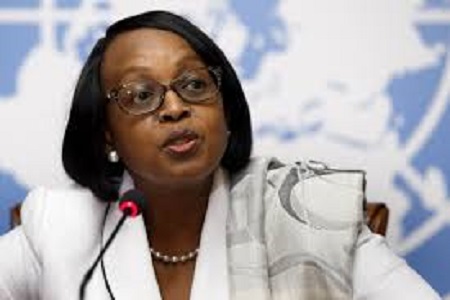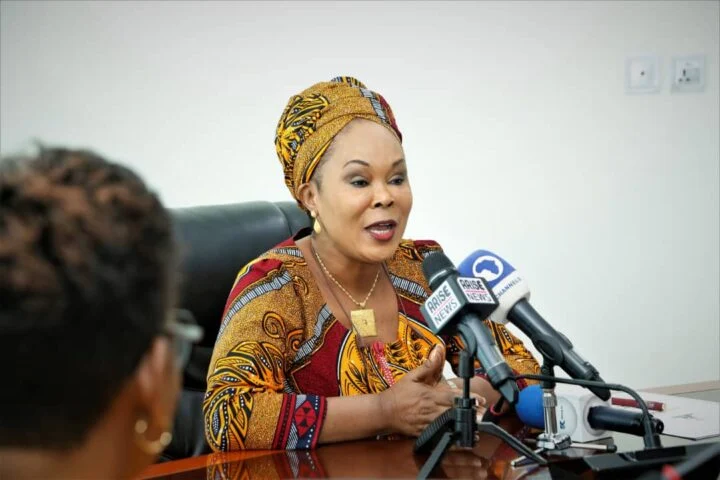By Joyce Remi-Babayeju
As the World Health Organization, WHO, commemorates the 2024 World Day of Polio, WPD, the African Regional Director, Dr. Matshidiso Moeti has called on government leaders in the continent to show strong political commitment to fight the deadly leg twisting poliovirus.
Moeti made this call on Thursday in her message to mark the WPD in Nigeria.
She emphasized the urgent and crucial need for renewed collaboration between government leaders, WHO , UNICEF and partners to join forces to collectively foster plans in July and August 2024 aimed at Strong political commitment to the fight against polio.
Acknowledging the urgent need for renewed collaboration, especially along borders, government leaders, WHO, UNICEF, and other partners joined forces in July and August 2024 to develop a coordination plan aimed at eradicating variant poliovirus in Nigeria and other countries.
The WHO Regional Director also stressed the need to keep vigilance particularly on underserved communities to stall new detections and the need to scale up vaccination campaigns.
Moeti said,”Vigilance is also critical. We need to enhance surveillance, especially in underserved areas, and accelerate our response to any new detections. Equally important is the need to scale up high-quality vaccination campaigns.”
Further advising on ways to be on top of Polio in communities, Moeti said,’Our goals are clear. We must remain vigilant through robust surveillance systems, respond rapidly with high-quality vaccination campaigns, improve routine immunization coverage, and ensure that the polio program’s infrastructure continues to benefit other public health priorities.”
However, she commended the strides taken to mitigate polio in Africa, disclosed that as a result of the milestone achievement in lessening the spread of Polio infectious, nearly 70 million children in high-risk areas in those countries have vaccinated since the beginning of the year.
Data equally bears out these results. When comparing them from 2023 and 2024 (as of 31 August for each year), cVDPV1 detections have decreased by 96%, while cVDPV2 detections have declined by 65% in the African Region, she disclosed.





